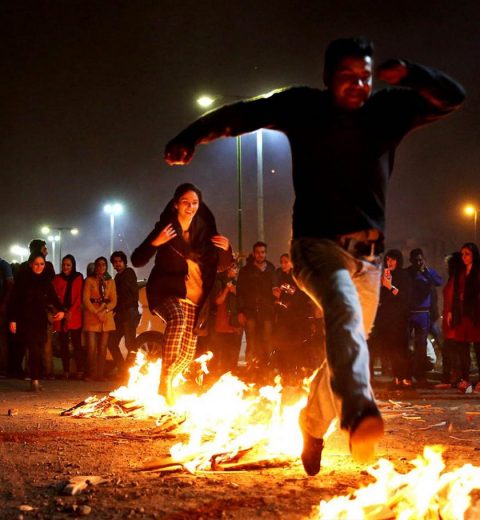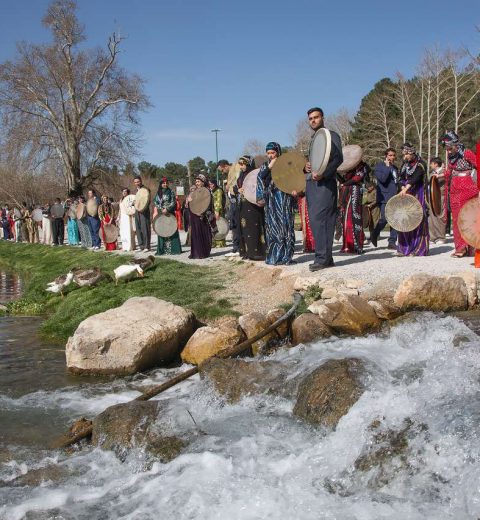Abrizgan or Abpashan celebration is one of the ancient rituals in ancient Iran, which is held in Anaram Day of Bahman Month, coinciding with the 30th of Bahman. This celebration in Isfahan is also called Afrijgan. This celebration has its roots in an event during the ancient period of the Sassanid king and is one of the oldest almost forgotten celebrations. Nothing is known about the customs and ceremonies of this feast, but it is clear from the narrations that on this day, people sprinkled water on each other and spend their time for happiness and being joyance.
History of Abrizgan celebration
The root of the Abrizgan festival has been remained unknown in archaeological research due to a misunderstanding of the Sassanid calendar. It can only be said that the tradition of holding this celebration dates back to before the emerge of celebrations that were held in the Iranian calendar due to the same name of the month and the name of the day. Abrizgan celebration was held in Deilami calendar in Gilan during Mehregan celebration as well. According to a narration of Abu Rihan, the origin of the Abrizgan celebration is related to the time when the number of human beings and animals became so large that there was no space left. God made the earth three times wider and told people to take a bath to be cleansed of their sins.
In an ancient narration, it is narrated from Abu Rihan that:
In Isfahan it is called Afrijgan and means “pouring water,” and this is because in the time of Firuz, Anushirvan’s ancestor, there was no rain and there was a drought in Iran. The property belonging to the temple of fire was lent to all Iranians and maintained as from the father of the nation. During all these famine years, no one died of starvation. To relieve the people of the world from this calamity, he went to the temple of fire and began to pray, and then he built the village of Kamfiruz on that site. It is said that because of his prayer it rained, and people joyfully poured water on each other, and this custom has remained in Iran ever since because it rained on that long-awaited day.





